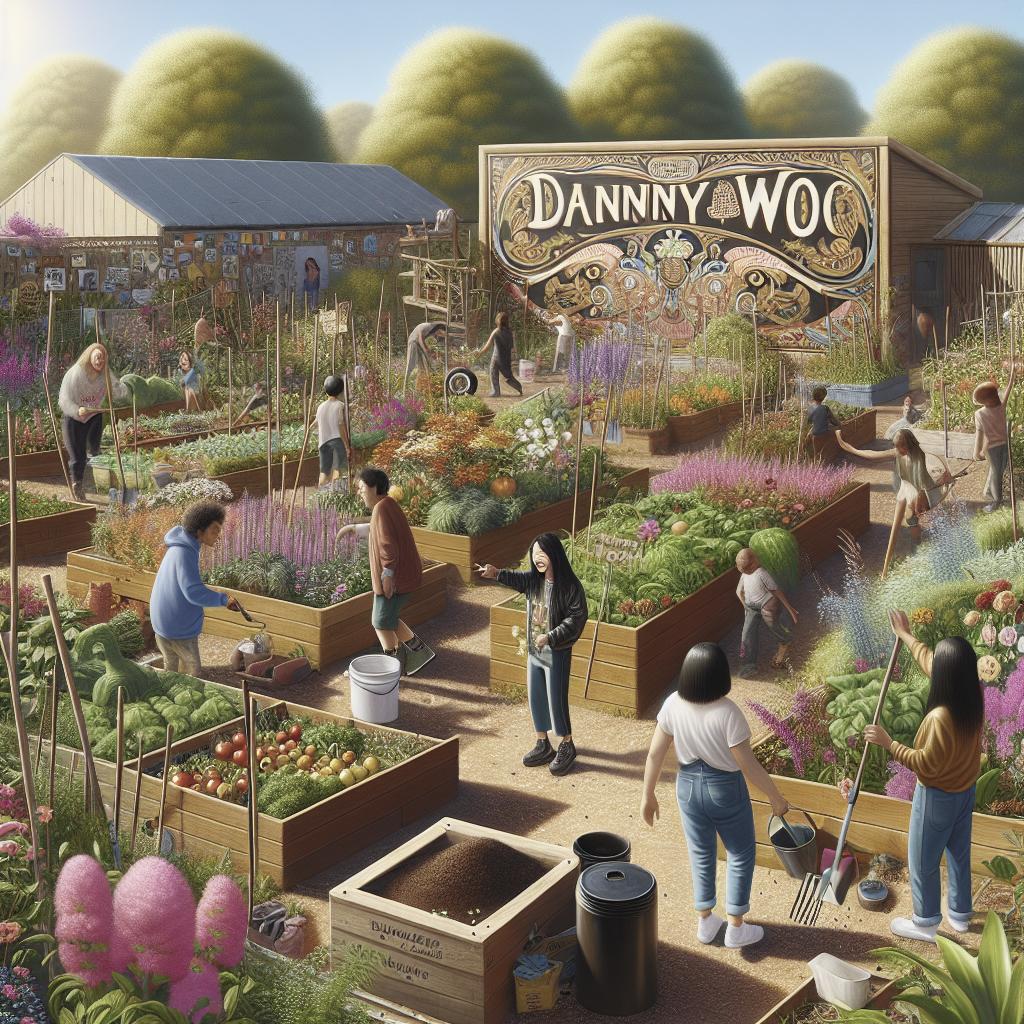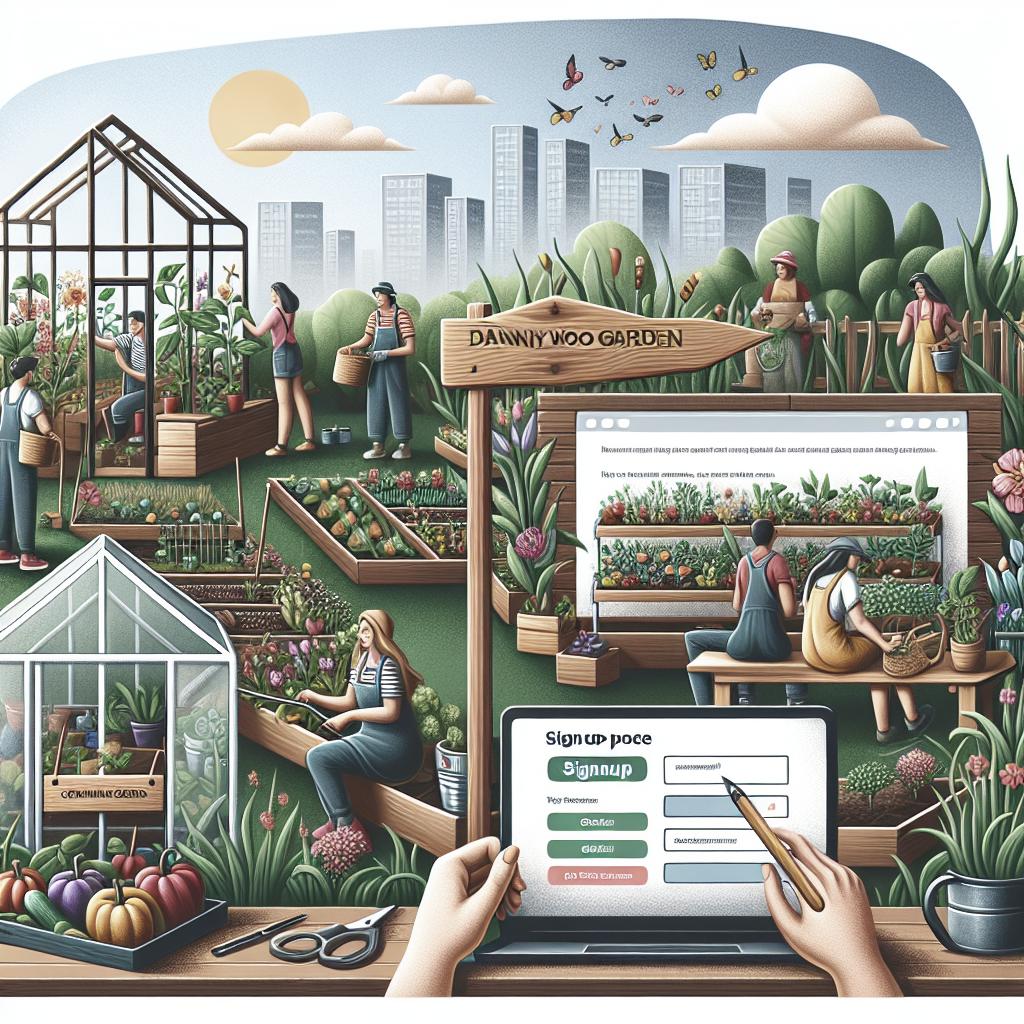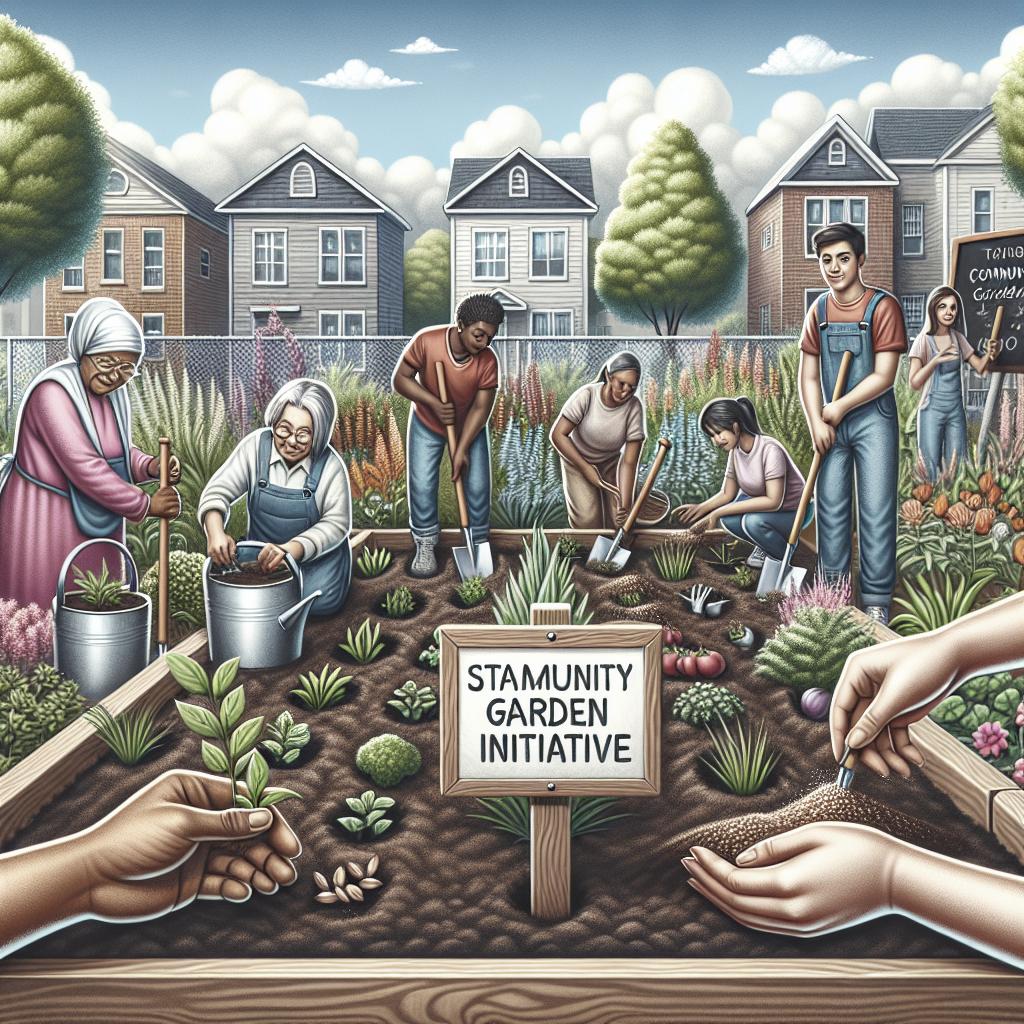Community gardening is an ever-growing trend that fosters togetherness, promotes health, and contributes to sustainability. At Danny Woo Community Garden in Seattle, locals experience these benefits firsthand. This blog post delves into the numerous advantages of community gardening, including physical health improvements, mental well-being, social connectivity, environmental sustainability, and educational opportunities. Through a structured exploration, we will uncover how this urban green space enhances the lives of its participants and the community at large.
Enhancing Physical Health
Community gardening provides an excellent form of physical exercise. From planting seeds to weeding and watering, these activities can burn calories and improve cardiovascular health. Regular engagement in gardening tasks also strengthens muscles and enhances flexibility, offering a full-body workout without the need for a gym membership.
Moreover, gardening promotes a healthier lifestyle through better nutrition. Participants often have access to fresh, organic produce, encouraging them to incorporate more fruits and vegetables into their diet. This direct access to nutrient-rich food helps combat lifestyle diseases such as obesity, diabetes, and heart disease, contributing to overall wellness.
Promoting Mental Well-Being
Gardening has been shown to reduce stress and promote mental well-being. The act of nurturing plants provides a sense of accomplishment and purpose. Being outdoors and interacting with nature can decrease levels of cortisol, the stress hormone, and enhance mood.
Additionally, gardening can serve as a meditative practice that encourages mindfulness. The repetitive nature of gardening tasks offers a break from the daily rush and allows individuals to reconnect with themselves. For many, the Danny Woo Community Garden becomes a sanctuary of peace and reflection amidst the urban hustle.
Fostering Social Connectivity
The social aspect of community gardening cannot be overstated. Participating in a communal garden fosters teamwork, cooperation, and a sense of belonging. At Danny Woo, gardeners of diverse backgrounds come together, sharing knowledge and experiences, which helps to build a robust and inclusive community.
Social interactions within the garden often extend beyond its boundaries, as people form friendships and support networks that enrich their lives. These connections can be particularly beneficial for elderly participants, who may otherwise experience isolation. The garden thus becomes a space for social nourishment alongside physical and mental benefits.
Contributing to Environmental Sustainability
Community gardens play a crucial role in promoting environmental sustainability. They transform urban spaces into green zones that support biodiversity and improve air quality. By encouraging organic gardening practices, these spaces reduce the reliance on harmful pesticides and fertilizers.
Danny Woo Community Garden also emphasizes the importance of composting and recycling, helping reduce waste and promoting soil health. The garden becomes a local hub for educating participants on sustainable living practices, thus contributing to a greener and cleaner urban environment.
Providing Educational Opportunities
For many, community gardens are living classrooms offering hands-on learning experiences. Danny Woo Community Garden provides educational programs that teach participants about horticulture, organic farming, and environmental stewardship. These programs are invaluable for both children and adults, fostering a deeper connection with nature.
Moreover, schools and community groups often visit the garden to learn about food production and sustainability. These educational opportunities help raise aware citizens who are informed about and committed to sustainable living practices, which is crucial for the future of our planet.
Next Steps: Summary
| Category | Benefits |
|---|---|
| Physical Health | Improves cardiovascular health, strengthens muscles, enhances flexibility, access to fresh produce. |
| Mental Well-Being | Reduces stress, promotes mindfulness, provides a sense of accomplishment and purpose. |
| Social Connectivity | Fosters teamwork, builds inclusive community, forms support networks, reduces isolation. |
| Environmental Sustainability | Supports biodiversity, improves air quality, encourages composting and recycling, educates on sustainable practices. |
| Educational Opportunities | Hands-on learning experiences, educational programs, promotes environmental stewardship. |


